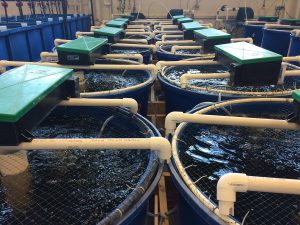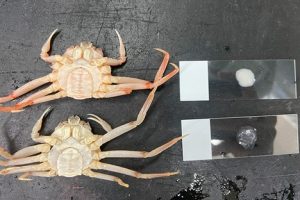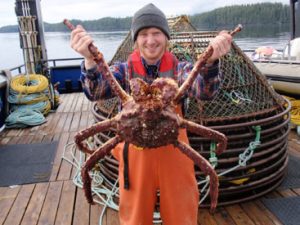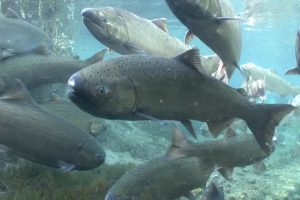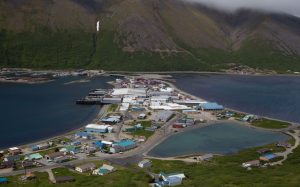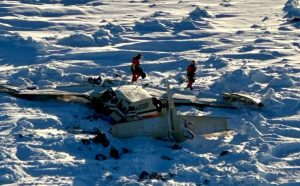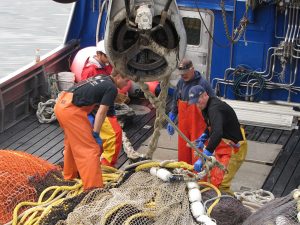Coast Guard Cutter Naushon Retired After 40 Years
 In a ceremony celebrating nearly four decades of service, the U.S. Coast Guard officially decommissioned the Cutter NAUSHON on Friday March 21st, 2025, in Homer, Alaska. Presiding over the event was Rear Adm. Megan Dean, Commander of U.S. Coast Guard District 17, who honored the vessel’s long standing commitment and its crews’ significant contributions to national security and community safety.
In a ceremony celebrating nearly four decades of service, the U.S. Coast Guard officially decommissioned the Cutter NAUSHON on Friday March 21st, 2025, in Homer, Alaska. Presiding over the event was Rear Adm. Megan Dean, Commander of U.S. Coast Guard District 17, who honored the vessel’s long standing commitment and its crews’ significant contributions to national security and community safety.
Commissioned on October 3rd, 1986, the NAUSHON was placed into active duty as the 11th vessel in the Island-Class patrol boat fleet. Throughout its service, the NAUSHON exemplified the versatility and dependability that the Island-Class cutters are known for. The cutter played a crucial role in safeguarding Alaska’s challenging coastal waters and provided crucial assistance in marine law enforcement, environmental protection, national defense operations, and numerous lifesaving missions.
Since 2016, when it began operating from Homer, Alaska, the NAUSHON significantly strengthened maritime safety along Alaska’s rugged coastline. While stationed in Homer, the vessel and its crew answered the call in over 50 critical search-and-rescue missions, providing essential assistance to mariners in distress. The NAUSHON also completed nearly 900 law enforcement missions, underscoring its vital role in maintaining maritime security and enforcing federal maritime laws across Alaskan waters.
 Maritime Injury Law Blog
Maritime Injury Law Blog


